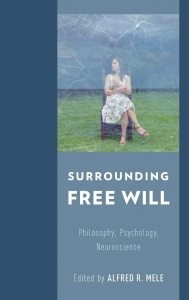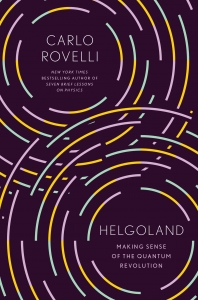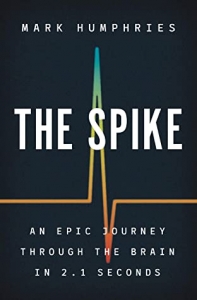“Free Will” Through the Lenses of Philosophy and Neuroscience with Dr Alfred Mele
The debate over whether or not free will exists is not new. The main points of contention in this discussion are whether or not we have control over our actions, and if so, what kind of control we have and to what extent. On the one hand, we have a strong sense of liberty, which causes us to trust in our own free will. An intuitive and instinctive sense of free will, on the other hand, could be misinterpreted. In this episode of Bridging the Gaps, I speak with Dr Aflred Mele and we discuss the concept of “Free Will” from the perspective of philosophy and from the perspective of neuroscience.
Dr Alfred Mele is a Professor of Philosophy at Florida State University. His research interests include issues about human behavior located at the intersection of philosophy and science such as free will, personal autonomy, self-deception, self-control, intention, intentional action, motivation, and moral responsibility. He is also the past Director of the Philosophy and Science of Self-Control Project and the Big Questions in Free Will Project.
I open this discussion by asking Dr Mele to unpack the concept of “Free Will”. I then ask Dr Mele to outline important philosophical views about the concept of “Free Will” that emerged over time. We discuss in detail the relevant concepts of determinism, compatibilism, incompatibilism, and libertarianism. We then discuss the concept of Free Will through the lens of neuroscience. We discuss a number of experiments conducted by neuroscientists. The finding of these experiments seems to suggest that that free will is an illusion. But the question is, is it right to extrapolate the findings of these experiments that focus on simple choices and are conducted in controlled environments to conclusively suggest that free will does not exist. Dr Mele discusses this point in detail.
Complement this conversion with fascinating discussion with Professor Renata Salecl on “A Passion of Ignorance and Denials” and then listen to Professor David Chalmers in: “From Consciousness to Synthetic Consciousness”.




Connect With Us